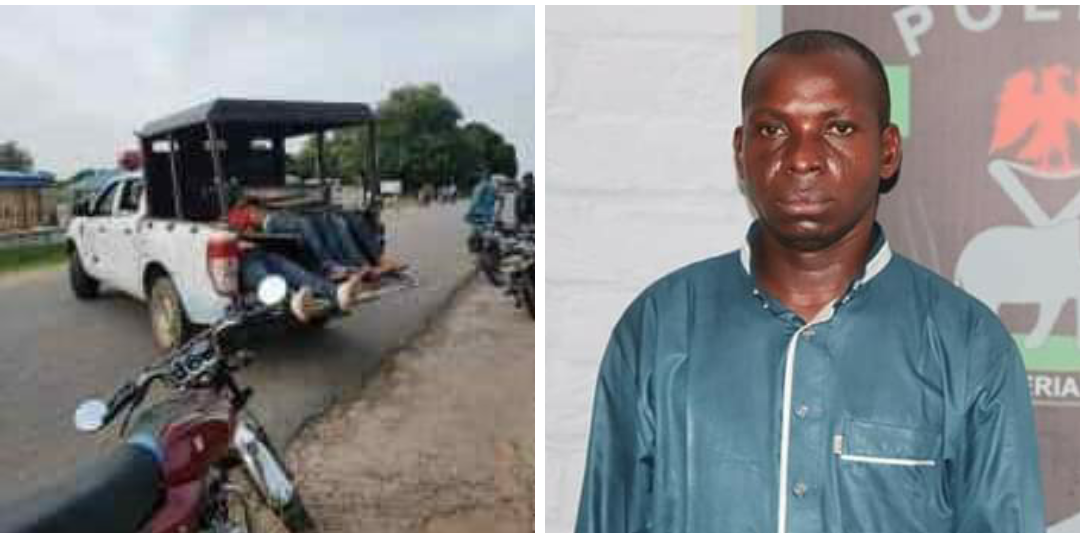
Days after armed robbers invaded the agrarian town of Isanlu, East Yagba Local Government Area of Kogi State, killing seven policemen and a civilian, the authorities have not visited the town or spoken about what lessons they have learnt to review the country’s security architecture and law enforcement strategies. Maybe the death toll was not high enough. About 10 months after Taraba State kidnap kingpin Hamisu Bala, alias Wadume , was arrested, escaped through the help of soldiers, and was rearrested, the government has just managed to charge him and six other accomplices in court. He was first arraigned in January, but his alleged military accomplices were absent. Two months later, another arraignment was attempted, still the soldiers were not produced in court, forcing the presiding judge, Justice Binta Nyako, to order the military authorities to produce them.
Some 10 months later, the soldiers have still not been produced despite the Attorney General of the Federation (AGF) taking over the case. Ten months? In a country with law and order? Does it take more than a month for the military to process the alleged military accomplices and release them to civil authorities? Do the deaths of some three policemen, when a team of soldiers confronted police officers and forcibly released Mr Bala, not mean anything to the authorities? The government is going ahead with the prosecution of the seven almost as if the gravity of the case is lost on everybody. If the federal government can’t get 10 indicted soldiers to face the law for murder, how can the country trust them to be even-handed? The AGF must of course hope that the military will eventually release the soldiers to be prosecuted in order to save the government embarrassment.
Neither the Isanlu robbery nor the shoddy and perfunctory prosecution of kidnap kingpins and their military accomplices should ever be handled so cavalierly in a country with a functioning, even democratic government. After the robbers invaded Isanlu and killed seven policemen, civil authority in the town simply collapsed. There was no sense of who should take charge. Onlookers flooded the crime scene, particularly the police station, took photographs and video recordings of the slain cops, and uploaded them on social media. The pictures were gory and in bad taste, while uploaded videos of the crime scene were even more repulsive. In death, the slain cops were robbed of their dignity, as they have often been robbed of their dignity alive.
The AGF and Nigeria’s military brass may be functionaries of the same government, but the former has a huger responsibility than the latter to uphold the rule of law. If he cannot get the soldiers produced in court at the next sitting, he should engineer a stalemate. He must make a statement on whether the country operates two sets of laws — one for the weak and another for the powerful. It is reprehensible that a case as straightforward as the Wadume case, which is being prosecuted before the whole world, should get so entangled in a maze spun by powerful men and connived at by weak officials. Where indeed is government?
It is also urgent that the federal and state governments must use the Isanlu robbery case as a springboard for introducing reforms both in law enforcement and civil leadership in small towns underrepresented by policemen and understaffed by civil officials. The aftermath of the robbery was important enough for the Inspector-General of Police and the state Commissioner of Police to visit the town, pay condolence calls on grieving widows and widowers, and get first-hand information on how to respond to similar attacks in the future. For sure, too, the governor ought to have visited Isanlu a few days after the robbery. It is not clear whether they have done so, or planned to do so sometime later.












